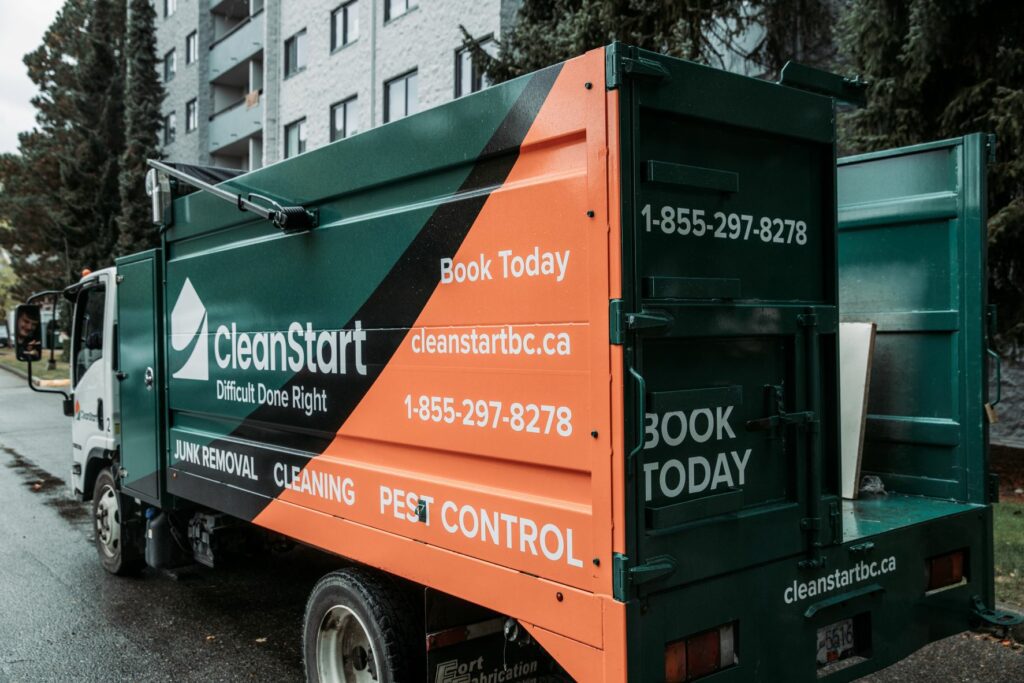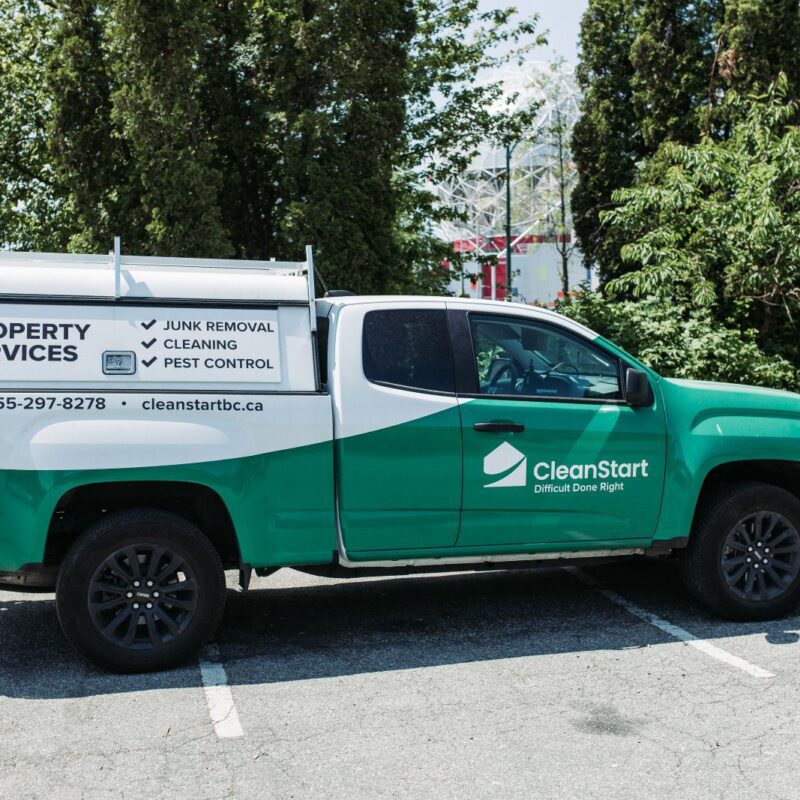Hoarding Cleanup: How to Help a Hoarder in Denial

After assisting tenants, social workers, fire departments and building managers with hoarded suites for over 10 years in the Lower Mainland, we at CleanStart understand that hoarding can effect more than just the individual living in the space. We often get questions on how to support friends and/or family members who struggle with hoarding. Our friends at Aftermath wrote a fantastic article outlining how to help a hoarder in denial. You can find the full article here: https://www.aftermath.com/blog/hoarding-cleanup-help-a-hoarder-in-denial/
Hoarding is a serious problem that can be hard for outsiders to understand. Many people have a hard time fathoming how their loved ones can live in such conditions—but the truth is, many hoarders don’t even realize they have a problem. Do you know how to help a hoarder in denial?
Use Love
First of all, let them know that you care about them. Because hoarding is a way of life, it can be very easy for them to interpret your help as an attack. Hoarding might be considered an integral part of who the person is; often, the cause can be traced to mental illness. Although they might still deny there’s a problem, letting them know how much you love them can help keep the issue from destroying your relationship. Start by building love and trust.
Listen
Don’t start an argument or become confrontational. A shouting match won’t change anybody’s mind. Instead, start a discussion and listen to them without interrupting. This might help you understand their mindset and the logic behind the behavior. It can also enable you to better seek outside help or therapy.
Ask Questions
During this conversation, don’t tell the hoarder what the problem is with their behavior. Instead, ask questions—the process of answering can help the hoarder analyze their own behavior and see the potential issues with it. Instead of force-feeding them the hard truth about their flaws, you help them draw their own conclusions. Questions you might ask include:
How do you feel about your house?
How do you feel when other people see your house?
Do you think the clutter hurts your family?
Would you like to be able to use the kitchen/garage/bathroom again?
Get Help
In some stubborn cases of denial, you might want to turn to professional help, even if your loved one is unwilling to seek help for themselves. This can range from simply showing them literature about hoarding, to contacting a therapist to help convince them they have a problem. Even if they are aware that the hoarding is an issue and take action on their own, professional assistance might be needed to help them navigate feelings of anxiety or depression that can emerge during the cleaning process.
Don’t Force Them
Although it may seem tempting, do not clean the house without their knowledge or permission. To a hoarder, all of their possessions—even junk—are valuable. If someone invades their house and just begins throwing those treasures away then it can lead to feelings of betrayal, depression, or anger. In many cases, they will simply begin hoarding again as a coping mechanism. It is also recommended that the house undergo a serious professional cleaning, but not until the hoarder has decided that they want to change.


